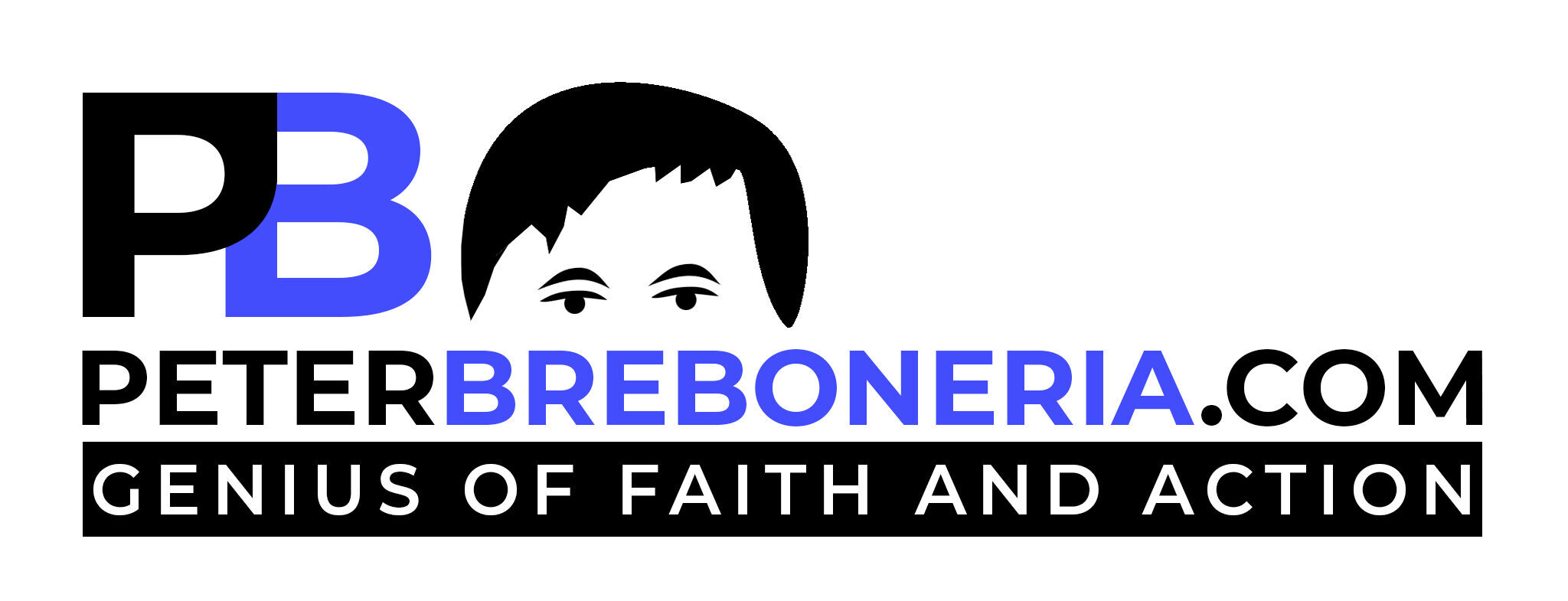Reflection 1: Educational Psychology

1. As I put on new lenses and turn on some lights about human development, what aspects of my personal development have become clearer to me or have come to my view for the first time?
Kudos on my new perspective on human development! As I delve into this fascinating topic, I may find that my understanding of myself and others deepens in a multitude of ways.
One aspect of personal development that may become clearer to me is the importance of my childhood experiences in shaping later life outcomes. Research has shown that the first few years of life are critical for brain development and lay the foundation for future learning, behavior, and health. Understanding the impact of early experiences on later development can help me make more informed choices for myself and my loved ones.
Another aspect of personal development that may come into view is the role of social and cultural factors in shaping who we are. From the language we speak to the values we hold, our environment and upbringing have a powerful impact on our beliefs, attitudes, and behaviors. Recognizing the influence of these factors can help better understand my own identity and the experiences of those around me.
Human development is not just about cognition, but it also includes other aspects of human development, such as social, emotional, and physical development. This is the reason why I developed Utak Henyo Leaderhip- Personal, Social, and Organizational Management. I monitored my life performance and integrity scores, and daily discipline and adherence scores. It covers areas such as spirituality, morality, discipline/adherence to schedules, fitness, health, and nutrition, school performance, work reliability, and leadership effectiveness.
Life Performance & Integrity Scores link: https://peterbreboneria.com/my-life-performance-integrity-scores/
Daily Discipline & Adherence Scores: https://peterbreboneria.com/daily-discipline-adherence-report/
When I create a target score, I have to make sure that it is above 20% of the target to allow myself to stretch and improve what I can produce. It varies every year based on previous performance. It uses data science tools. Low scores in life performance, integrity, and daily discipline do not always mean a lack of discipline and accomplishment. It only means I could not hit the target for that particular month. Indeed, results do not lie. Even If I failed for a specific month, for example, on health and school performance, the most important thing is that most of my grades in UP and Ateneo were between 1.75 to 1.0
While cognitive development is critical to human development, it is not the only factor that contributes to learning and growth. In fact, research has shown that social and emotional development is just as important, if not more, than cognitive development in predicting success in school and life outcomes.
One study, for example, found that preschool children who were taught social-emotional skills, such as self-regulation and problem-solving, had better academic outcomes than those who only received cognitive instruction. Similarly, physical activity has been shown to improve cognitive function and academic performance in children and adults.
I jogged twice a week to combat stress at work and school. Most of my diet is vegetables and fruits to maintain excellent health and passed annual physical exam.
In conclusion, human development is not only about cognition, but it should also focus on promoting social, emotional, and physical development to ensure holistic growth and success for learners. As I continue to explore human development, I may find many other aspects of personal growth and self-understanding coming into focus. Enjoy the journey!
b. In what ways, am I now able to better understand a significant person in my life?
Understanding a significant person in your life can be achieved through the use of a life span perspective. This perspective allows you to view an individual’s life experiences and development over time, taking into account their unique circumstances and the social and historical context in which they lived.
One way to better understand a significant person in your life is to consider their early childhood experiences and how they may have influenced their development. For example, did they experience trauma or adversity that impacted their emotional or cognitive development? Understanding these early experiences can provide insight into their current behavior and perspectives. (Non-normative Influences)
Another way to use a life span perspective to better understand a significant person in your life is to consider their current stage of development. Are they in early adulthood, middle age, or later life? What are the typical challenges and opportunities associated with this stage of development? Understanding these factors can help you relate to them more effectively and better support them through their current life stage.(Normative age-graded influences )
Finally, it can be helpful to consider the broader social and historical context in which the significant person in your life has lived. What major events or cultural movements have occurred during their lifetime? How have these events shaped their perspectives and experiences? By considering these factors, you can gain a deeper understanding of the person in question and their unique life experiences. (Normative history-graded influences)
In conclusion, using a life span perspective can provide valuable insight into a significant person in your life. By considering their early childhood experiences, current stage of development, and broader social and historical context, you can gain a deeper understanding of their perspectives and experiences.
For documents, click reflection 1




